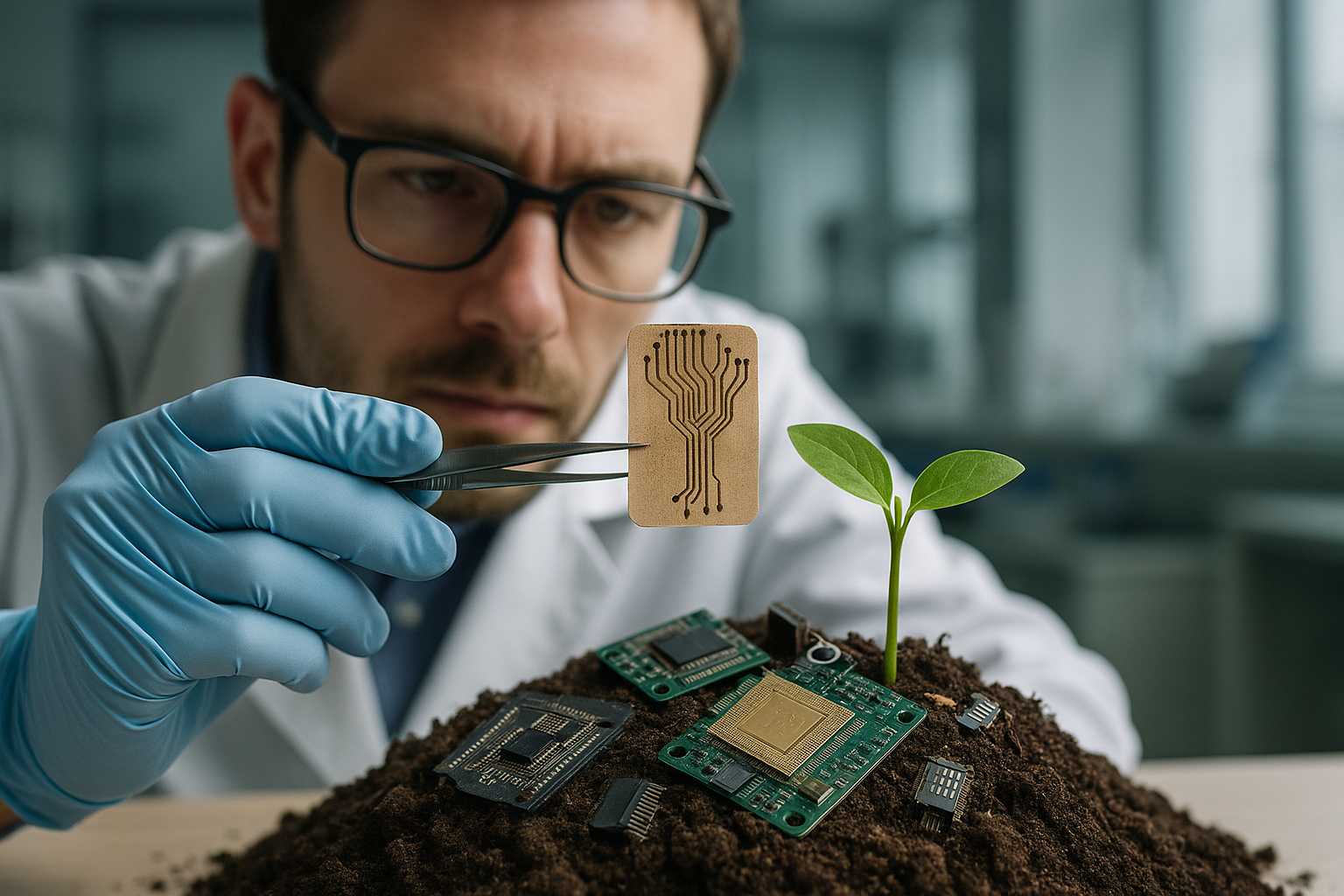Unlock Your Future in Agriculture – Start Your Degree Today!
Agriculture is a dynamic and essential field that plays a crucial role in feeding the world's growing population and managing natural resources sustainably. As the global demand for food production increases and environmental challenges become more pressing, pursuing an agriculture degree can open up a world of opportunities for those passionate about making a difference. This article explores the benefits of an agricultural education, career prospects, and the significance of agriculture in today's world.

Why should you consider an agriculture degree?
An agriculture degree equips students with a diverse set of skills that are highly valuable in today’s job market. These programs combine scientific knowledge with practical applications, providing a well-rounded education that prepares graduates for various career paths. Students learn about crop and livestock management, soil science, agricultural economics, and sustainable farming practices. Additionally, many agriculture programs incorporate cutting-edge technologies like precision agriculture, biotechnology, and data analytics, ensuring graduates are prepared for the future of farming.
What career opportunities are available for agriculture graduates?
The field of agriculture offers a wide range of career opportunities beyond traditional farming. Graduates can find employment in agribusiness, research and development, agricultural technology, environmental conservation, and food production. Some popular career paths include:
-
Agricultural consultant
-
Crop scientist
-
Farm manager
-
Agricultural economist
-
Food safety specialist
-
Environmental scientist
-
Agricultural engineer
-
Agribusiness manager
These diverse roles allow agriculture graduates to apply their skills in various settings, from laboratories and offices to farms and international organizations.
How does an agriculture degree contribute to global sustainability?
Agriculture is at the forefront of addressing global challenges such as food security, climate change, and resource management. An agriculture degree provides students with the knowledge and tools to develop sustainable farming practices, improve crop yields, and reduce the environmental impact of food production. Graduates can contribute to developing drought-resistant crops, implementing precision agriculture techniques to reduce water and fertilizer use, and creating innovative solutions for urban farming and vertical agriculture.
What skills will you gain from an agriculture degree?
Pursuing an agriculture degree develops a wide range of transferable skills that are valuable in many industries. These include:
-
Scientific research and analysis
-
Problem-solving and critical thinking
-
Project management
-
Data analysis and interpretation
-
Environmental awareness
-
Business and marketing skills
-
Communication and teamwork
-
Technological proficiency
These skills make agriculture graduates versatile professionals who can adapt to various roles and industries beyond the agricultural sector.
Which universities offer top agriculture programs?
Many renowned universities worldwide offer excellent agriculture programs. Some of the top institutions include:
-
University of California, Davis (USA)
-
Wageningen University & Research (Netherlands)
-
Cornell University (USA)
-
China Agricultural University (China)
-
University of Reading (UK)
-
University of Guelph (Canada)
-
AgroParisTech (France)
-
Swedish University of Agricultural Sciences (Sweden)
These universities are known for their cutting-edge research facilities, extensive industry connections, and comprehensive curricula that prepare students for successful careers in agriculture and related fields.
How much does an agriculture degree cost?
The cost of an agriculture degree varies widely depending on the institution, location, and program type. Here’s a comparison of estimated annual tuition fees for agriculture programs at different universities:
| University | Location | Estimated Annual Tuition (USD) |
|---|---|---|
| University of California, Davis | USA | $44,000 (out-of-state) |
| Wageningen University & Research | Netherlands | $15,000 (international students) |
| Cornell University | USA | $60,000 (out-of-state) |
| University of Reading | UK | $25,000 (international students) |
| University of Guelph | Canada | $30,000 (international students) |
Prices, rates, or cost estimates mentioned in this article are based on the latest available information but may change over time. Independent research is advised before making financial decisions.
It’s important to note that these figures are estimates and may not include additional costs such as living expenses, textbooks, and other fees. Many universities offer scholarships and financial aid options for agriculture students, which can significantly reduce the overall cost of education. Additionally, some countries provide more affordable or even free education for domestic students, so it’s essential to research options in your home country as well.
In conclusion, an agriculture degree offers a unique blend of scientific knowledge, practical skills, and environmental awareness that prepares graduates for diverse and rewarding careers. As the world faces increasing challenges in food production and sustainability, the expertise of agricultural professionals becomes ever more crucial. By pursuing an agriculture degree, you’re not just investing in your future career but also contributing to the global effort to create a more sustainable and food-secure world.
The shared information of this article is up-to-date as of the publishing date. For more up-to-date information, please conduct your own research.






